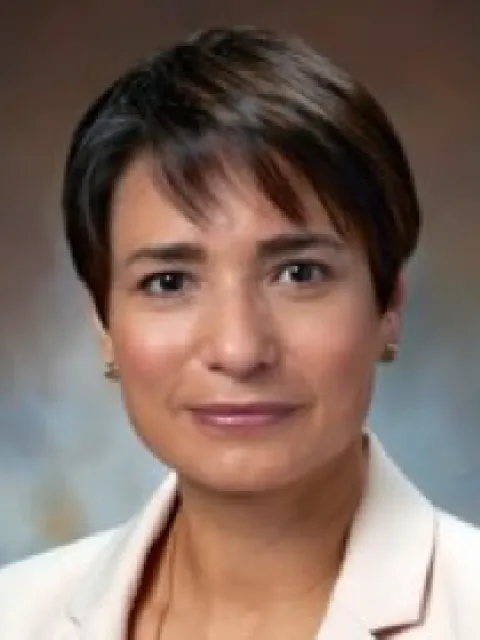Realising the unique and unmet challenges of cancer in women


Cancer is now the second leading cause of death worldwide[i] and the number of cancer cases continues to rise each year.[ii] It remains one of the most significant public health concerns, with those affected facing many challenges both before and after their diagnosis. There is clearly more work to do in preventing cancer and improving the lives of those living with cancer.
The global Healthy Women, Healthy Economies initiative, of which Merck is the founding private sector partner, unites governments, healthcare professionals, employers and other organisations to collaborate in the shared goal of improving women’s health across the globe so that women everywhere can live better lives and thrive in their communities. We are placing particular emphasis on cancer as a disease which has extensive consequences for women and their families. That is why we are proud to release the ‘Supporting Women With Cancer’ report, presenting findings from a survey carried out with 4,585 women across 23 countries. The survey, which was designed with input from the UICC, highlights the need for greater multi-stakeholder action to:
- Continue to promote awareness of all cancers and their risk factors among women — not just women’s cancers
- Increase awareness and access to cancer screening programs for all women to support earlier diagnosis
- Improve awareness of and subsequently access to support services, and identify where unmet needs persist
Education of cancer remains a key health promotion priority in most regions around the world. However, the survey found that only 45% of the women reported they were aware of cancer signs and symptoms before receiving their diagnosis and that they viewed predominantly female or female-only cancers to have the highest death rates.
Access to and awareness of cancer screening programs is a well understood necessity in order to support the potential for earlier diagnosis. However, when it came to screening and diagnosis, alarmingly nearly half of women had never attended a cancer screening programme and delays in diagnosis were more common for women in lower-middle-income countries.
Finally, it is accepted that all women should have access to healthcare solutions and be aware of the options available to them to protect their health and well-being. Despite this, the survey brought to light that only 42% of the women surveyed had accessed support services. The survey highlighted feelings of stigma amongst women living with cancer, with a quarter believing they were stigmatised more than men. In addition, only one-in-five women believed they received enough support to manage their family responsibilities or fit work around their cancer, and of the women who informed their employer of their cancer diagnosis, 29% were worried it would impact their employment status.
The outcomes of this survey really highlight areas of unmet need and stress how paramount our work is with organisations such as the UICC so that we can pool our resources and knowledge into achieving our shared vision of making life better for those affected. Having worked in oncology for many years now, I have seen a growing understanding of the impact cancer has and will have on future generations. I have been inspired by groups coming together to bring knowledge and ideas to the table in the fight against this devastating disease.
We urge you to join us in trying to understand these challenges so that we can work together to help improve the lives of women who have been affected by cancer. Join us in raising awareness of symptoms, living healthier lifestyles, advocating for better services and being there for those living with cancer.
Find more information on the report click here and let us know your thoughts!
[i] World Health Organization. Fact Sheets: Cancer. Available at: https://www.who.int/news-room/fact-sheets/detail/cancer.
[ii] World Health Organization. Key Facts: Cancer. Available at: https://www.who.int/cancer/resources/keyfacts/en/.
Last update
Tuesday 01 October 2019Share this page
